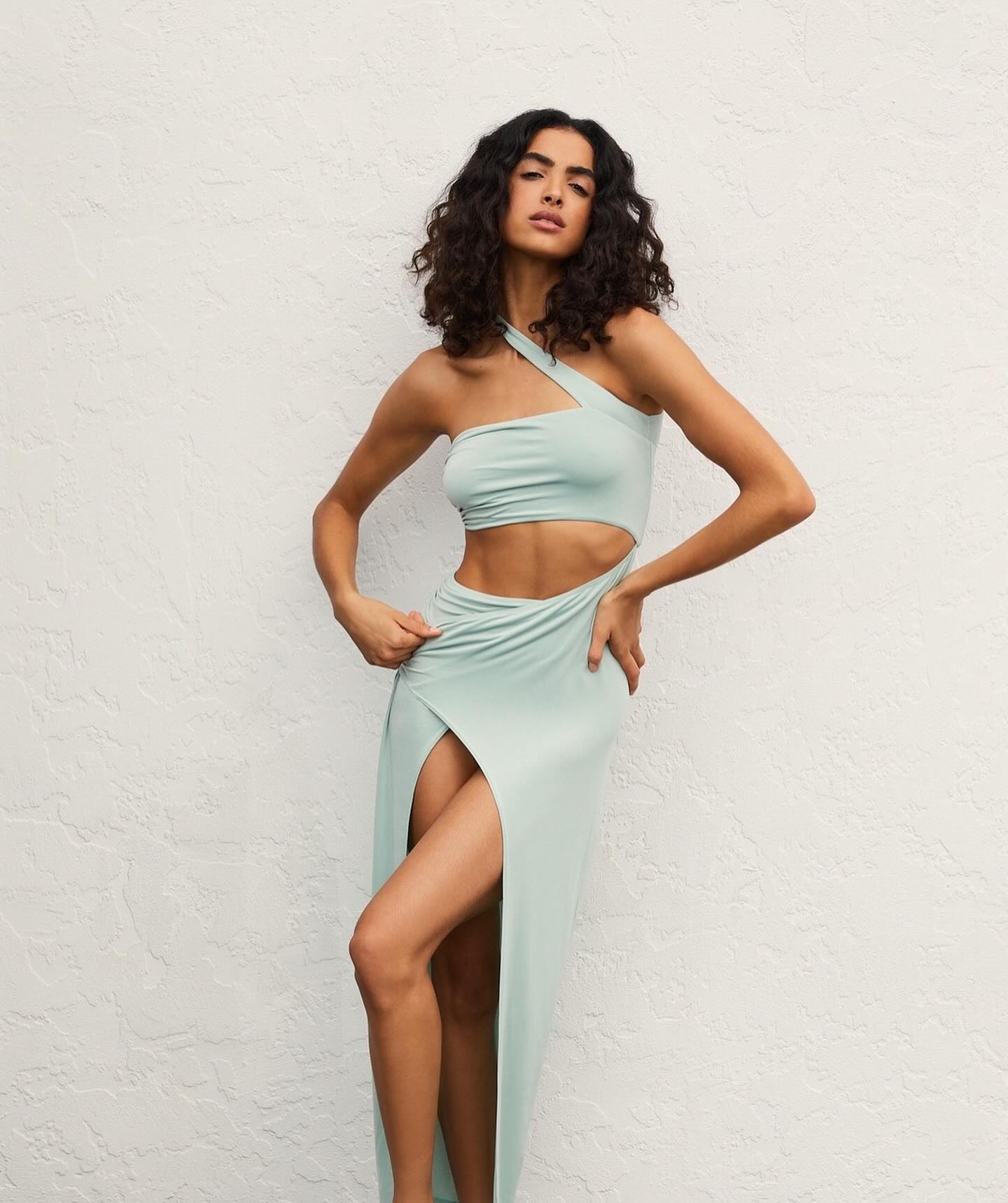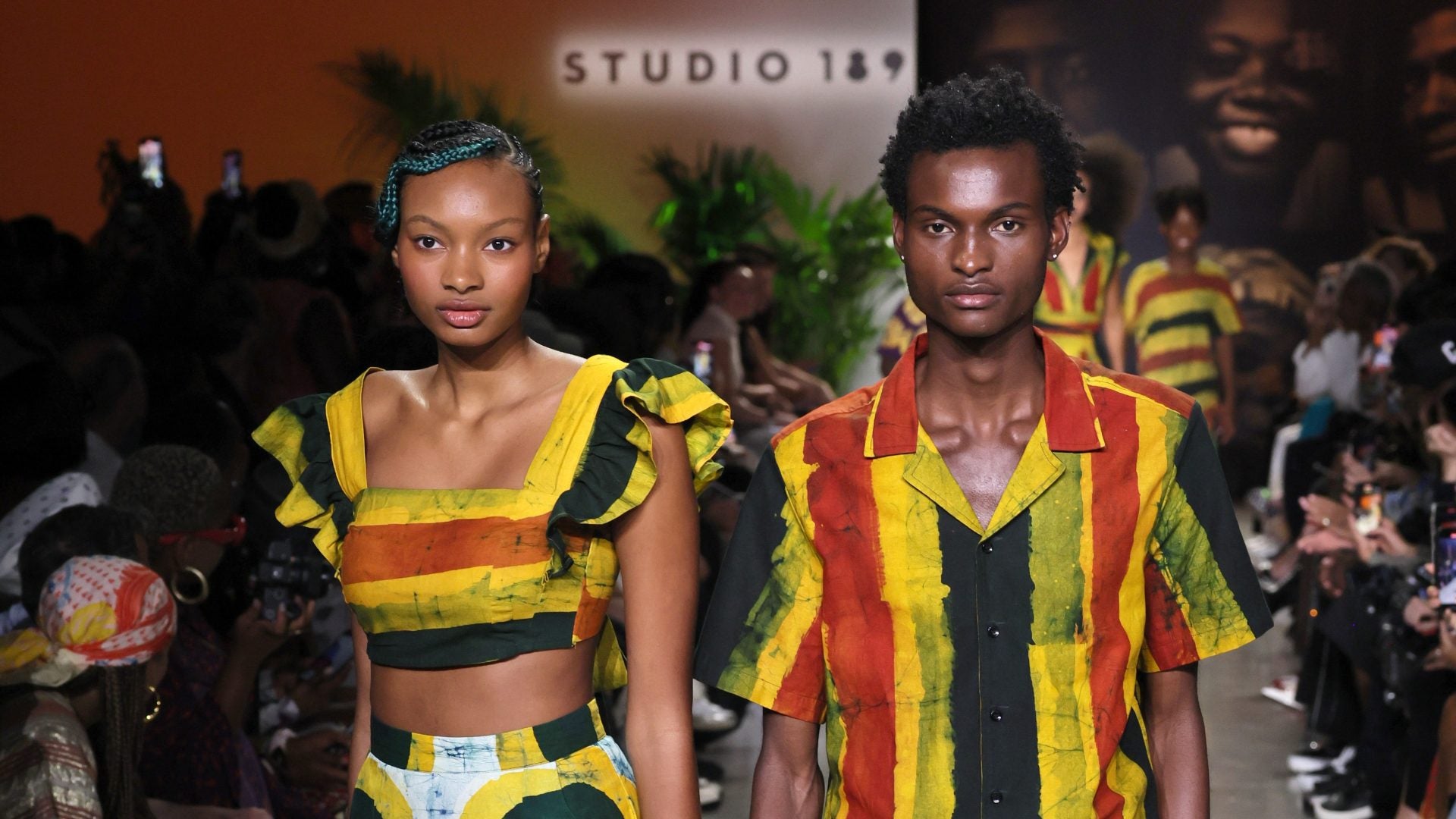
Fashion is the number three largest polluter on the planet. While we love new ways to express ourselves through fashion, trends, and upcoming designers, all the production of new items contributes to a fifth of the world’s 300 million tons of plastic pollution every year, according to the NRDC. Many of the clothes we’ve thrown out or donated end up in landfills. These brands are trying to change that with slow, intentional fashion.
Slow fashion lessens production from overproducing and does not focus on the ever-changing, fickle trends of fast fashion. The quality of slow fashion brands tends to be higher as the point of purchasing those items is to last you significantly longer than pieces produced to fit a quick trend. At ESSENCE, we’re supporting Black-owned sustainable brands year-round. Learn what brands we’re proud to be purchasing from and what they stand for.
Lemlem
Founded by supermodel Liya Kebede in 2007, lemlem is a brand that is artisan-driven. Kebede was inspired by a trip she made back to her native country, Ethiopia, she found out that traditional weavers in her community were losing their jobs due to their goods not being in demand. To preserve this ancient artisan practice, she founded her brand and created job opportunities for locals. As a result, the production of lemlem’s pieces are hand-woven in Ethiopia and is the first international brand made in Africa. Collections from the brand offer breezy beach selections from linen sets and accessories in modern prints.
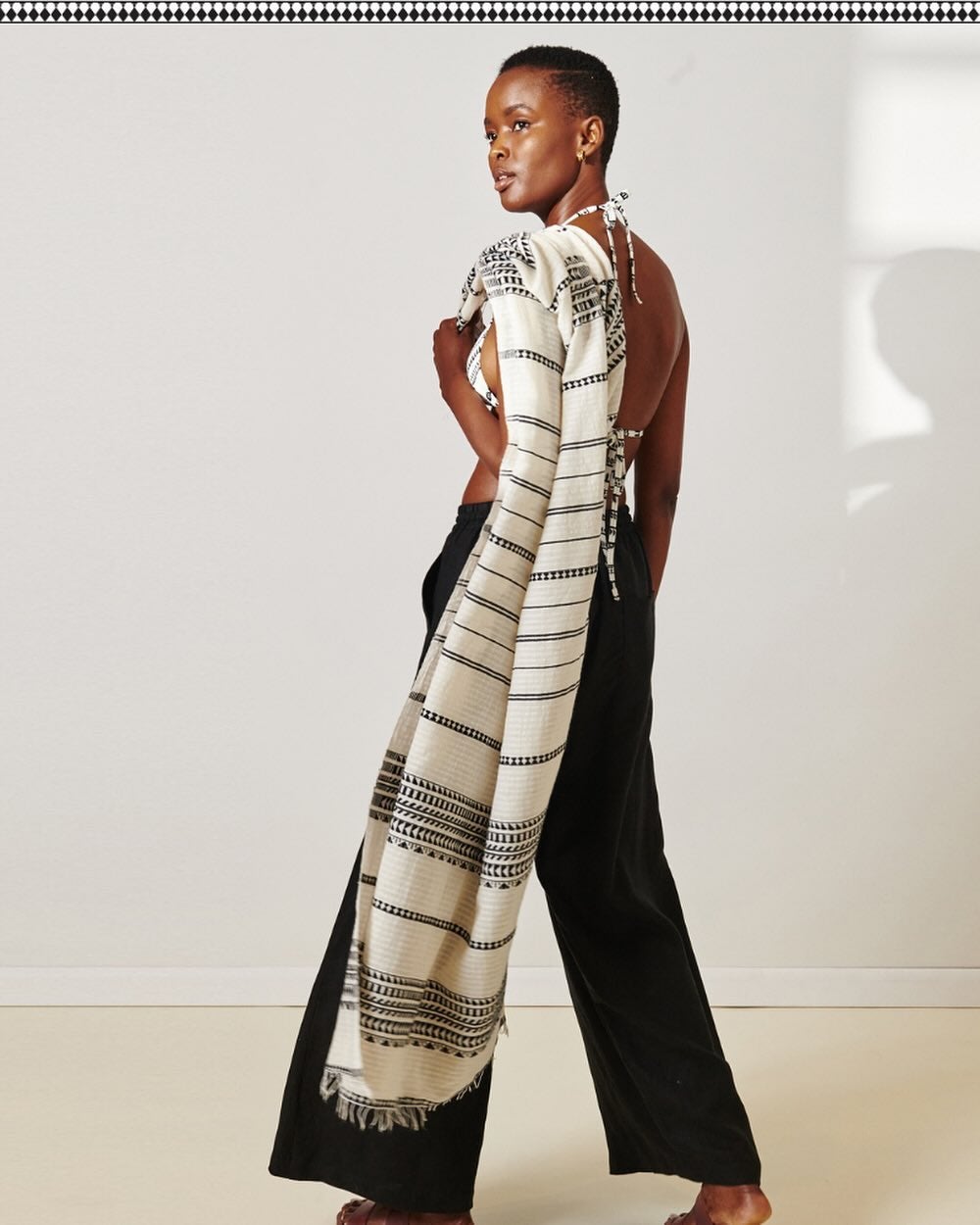
Studio 189
Co-founded by actress Rosario Dawson and designer Abrima Erwiah founded Studio 189 in 2013 with the mission of sustainably producing clothing and supporting the local African artisanal community. The brand’s manufacturing facility is located in Accra, Ghana. The tradition of craftsmanship techniques using natural plant dyes like indigo and the kente weaving methods are kept alive through Studio 189’s clothing. The brand’s overall goal through their vibrant clothing offerings is to empower women from the weavers and artisans to the women wearing their designs.
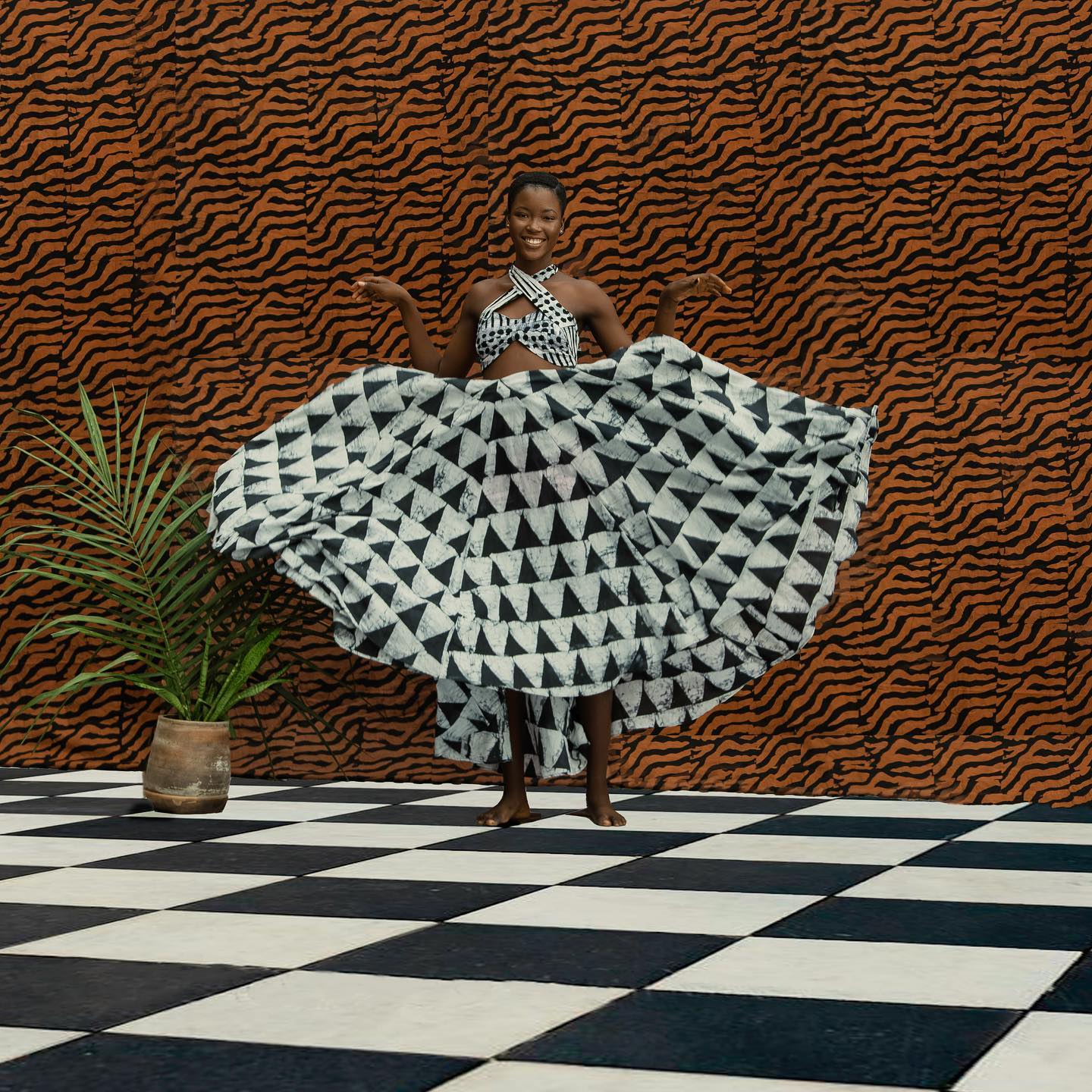
Sami Miro Vintage
Sami Miro’s eponymous brand was founded in 2016 with a strong ethos of eco-conscious production of clothing. The designer’s brand is based in Los Angeles with the supply chain located only 15 miles away to reduce its carbon footprint as much as possible. Miro sources deadstock and vintage fabrics and items to give the garments a new life. The brand also produces items from plant-based fabrics made without chemicals and reduced amounts of water. Miro also made it a goal to work with family-owned sewing partners to ensure a safe working environment and fair wages. Since her brand’s official launch, Miro’s brand has participated in Paris and New York Fashion Week. Her pieces pull from staples like sweaters, denim, button-downs, and so on with new takes on a basic. Cutouts and raw hemlines are a signature for the brand.
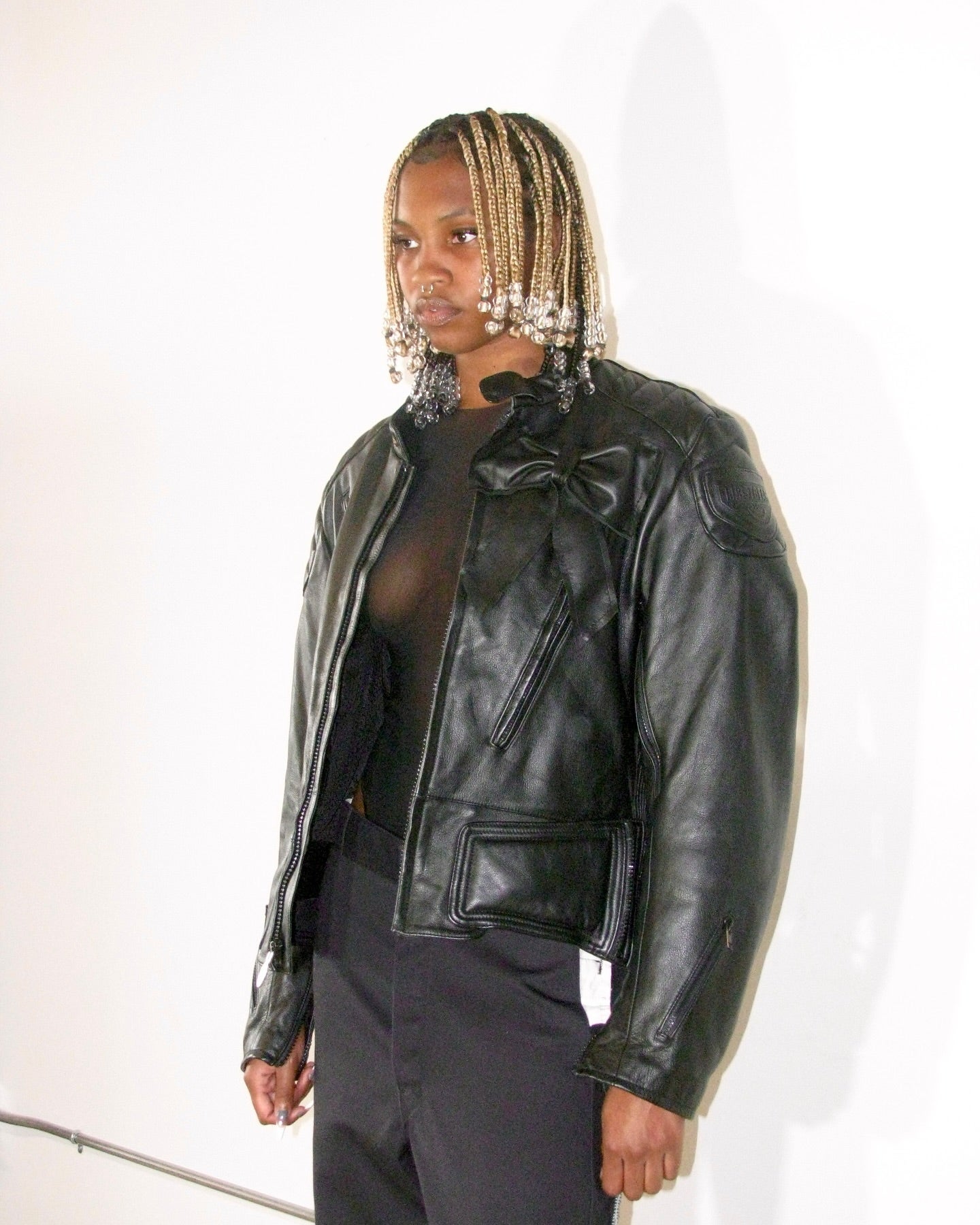
Ashya
Founded in 2017 by Ashley Cimone and Moya Annece, Ashya offers travel-friendly leather accessories in unique silhouettes. The luxury brand’s inspirations are rooted in global Black communities and stories, hence the travel aspect. Style and functionality are large parts of the design process to ensure effortlessly chic mobility with each item. The brand’s expansion has included a short film inspired by West African folklore.
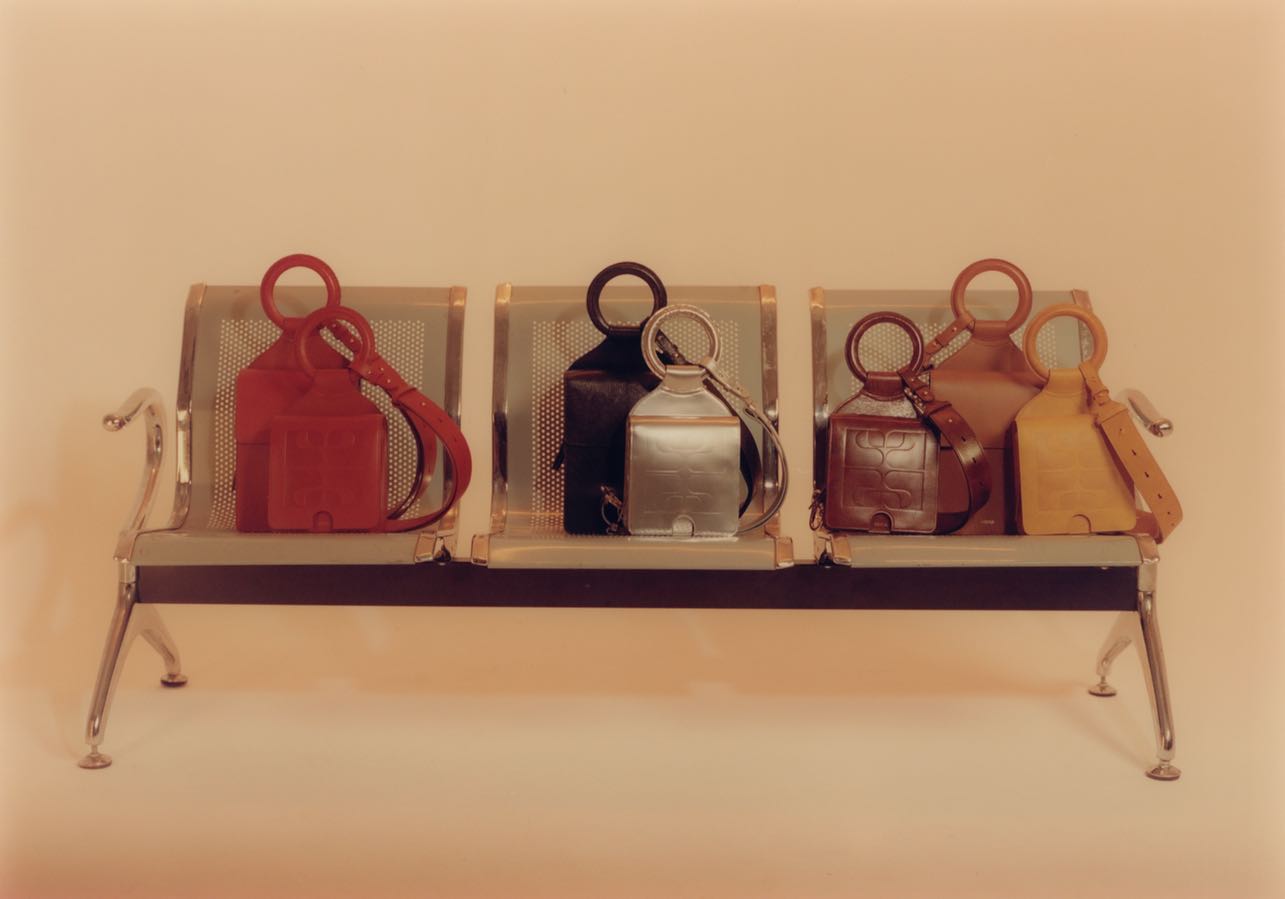
Míe
Damie Idowu founded her conscious fashion brand Míe in 2018. The brand is based in Lagos, Nigeria crafted by local artisans who help produce Idowu’s designs. Míe uses natural fabrics to create its resort-focused collections of functional yet elegant pieces for women. The brand’s goal is to improve production processes without hurting the environment and the planet’s future. Pieces like puff sleeve dresses, breezy sets, and accessories comprise the Míe’s collections.
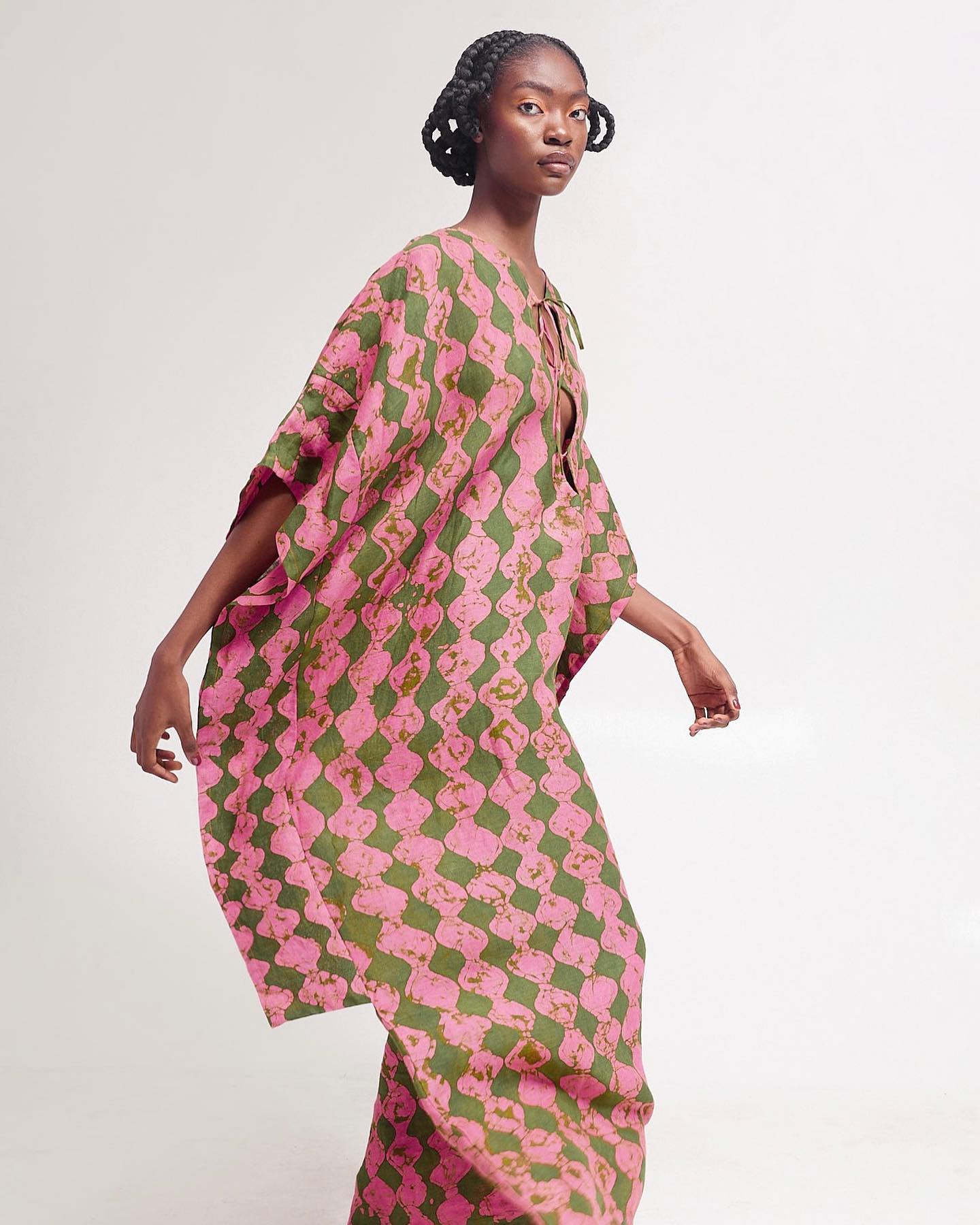
Petit Kouraj
Founder and designer Nasrin Jean-Baptiste launched her sustainable luxury bag brand Petit Kouraj in 2018. The brand is inspired by her Haitian heritage following a trip to Haiti which sparked an idea to start something of her own. It was a scary endeavor but with a “little courage” which is what Petit Kouraj translates to, Jean-Baptiste used her decade-long styling career to lead her while designing the eccentric handbags that are the core of her brand. Jean-Baptiste implements thoughtful practices with responsibly sourced materials and fabrics while working with workshops that align with her brand’s sustainable values.
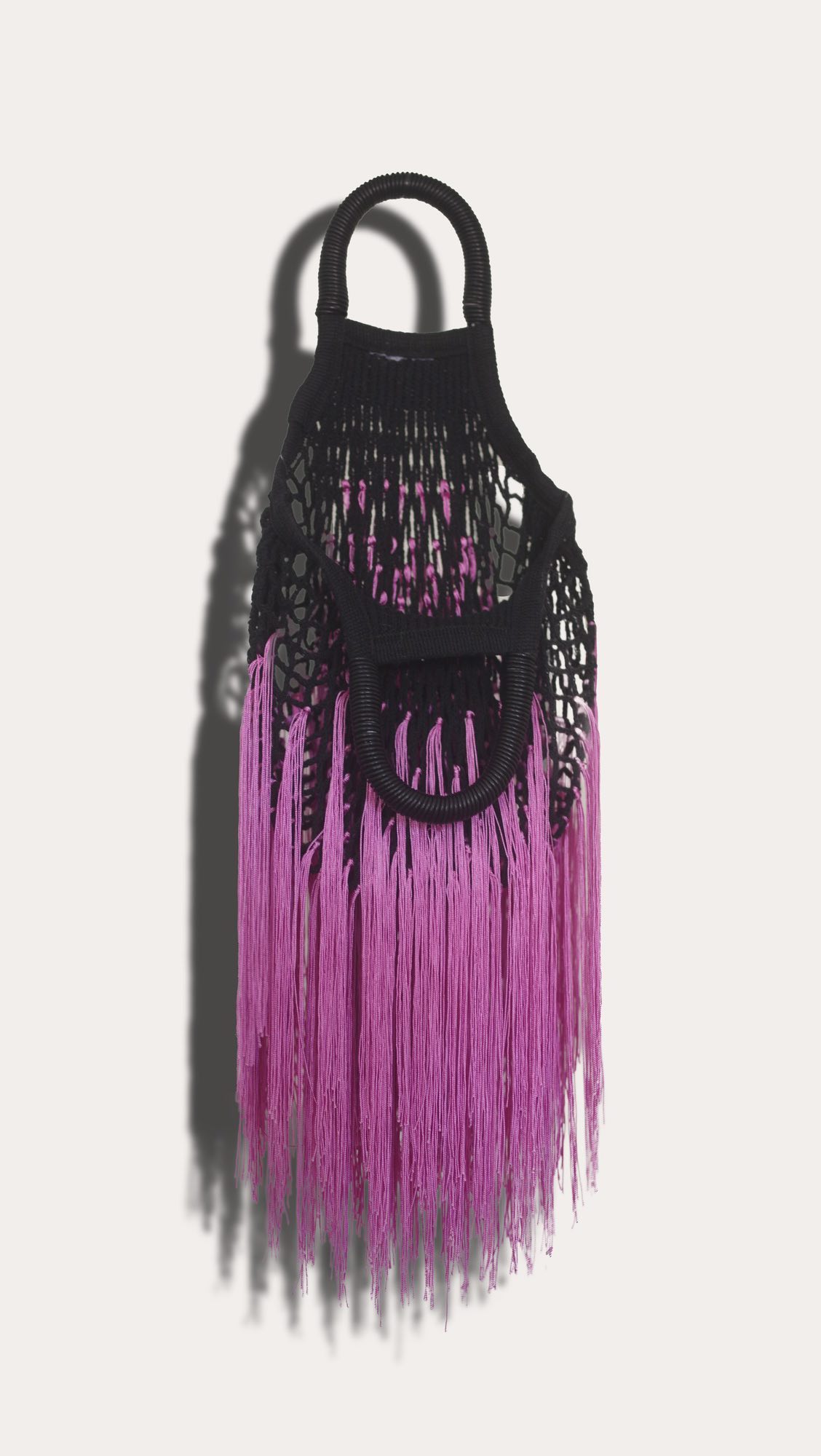
Jade Swim
Brittany Kozerski Feeney a former market editor at Marie Claire launched her sustainable swimwear brand Jade Swim in 2016 with conscious production in mind. All of her brand’s pieces are made in California in-house to reduce carbon emissions, with life cycle assessments conducted on all her pieces. Jade Swim utilizes upcycled fabric scraps to repurpose them for these pieces. The brand focuses on long-lasting pieces rather than fitting the trend cycle.
